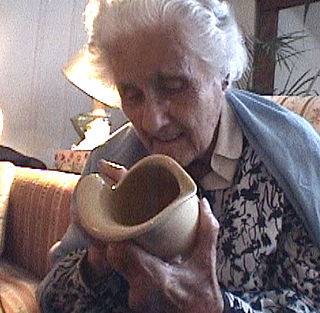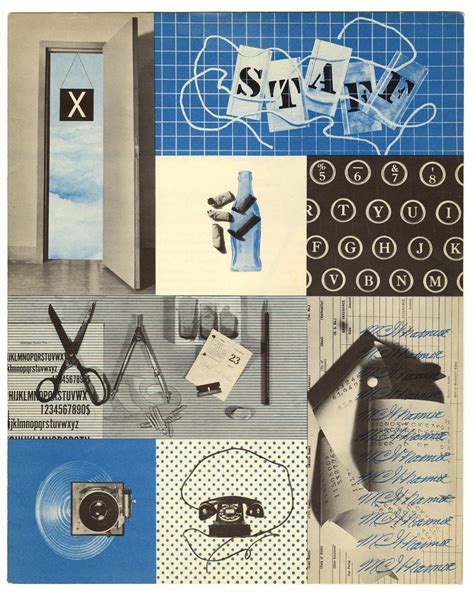A Quote by David Chipperfield
I do very little industrial design. I'm asked a lot, but I certainly don't see myself as an industrial designer.
Related Quotes
I ended up going to do a matches program at the state for industrial design. And from there, I got hired at IDEO to joint their design team there - and basically, you are starting as an industrial designer to design products - and then kept asking the question, 'What else can design accomplish? What else can design do?'
Over the past 20 years, I have noticed that the most flexible, dynamic, inquisitive minds among my students have been industrial design majors. Industrial designers are bracingly free of ideology and cant. The industrial designer is trained to be a clear-eyed observer of the commercial world - which, like it or not, is modern reality.
The products we design are going to be ridden in, sat upon, looked at, talked into, activated, operated, or in some way used by people individually or en masse. If the point of contact between the product and the people becomes a point of friction, then the industrial designer has failed. If, on the other hand, people are made safer, more comfortable, more eager to purchase, more efficient-or just plain happier-the industrial designer has succeeded.
However, if we leave the industrial machinery and their energy-distribution networks and leave them also all the people who have routine jobs operating the industrial machinery and distributing its products, and we take away from all the industrial countries all their ideologies and all the politicians and political machine workers, people would keep right on eating. Possibly getting on a little better than before.
The words graphic designer, architect, or industrial designer stick in my throat, giving me a sense of limitation, of specialisation within the specialty, of a relationship to society and form itself that is unsatisfactory and incomplete. This inadequate set of terms to describe an active life reveals only partially the still undefined nature of the designer.
Industrial jobs are disappearing, and they will continue to disappear owing to productivity gains from automation. Thus, social models that were created to fit industrial and early service economies will no longer be viable. As the industrial workforce shrinks, the social model founded on it will go, too.








































